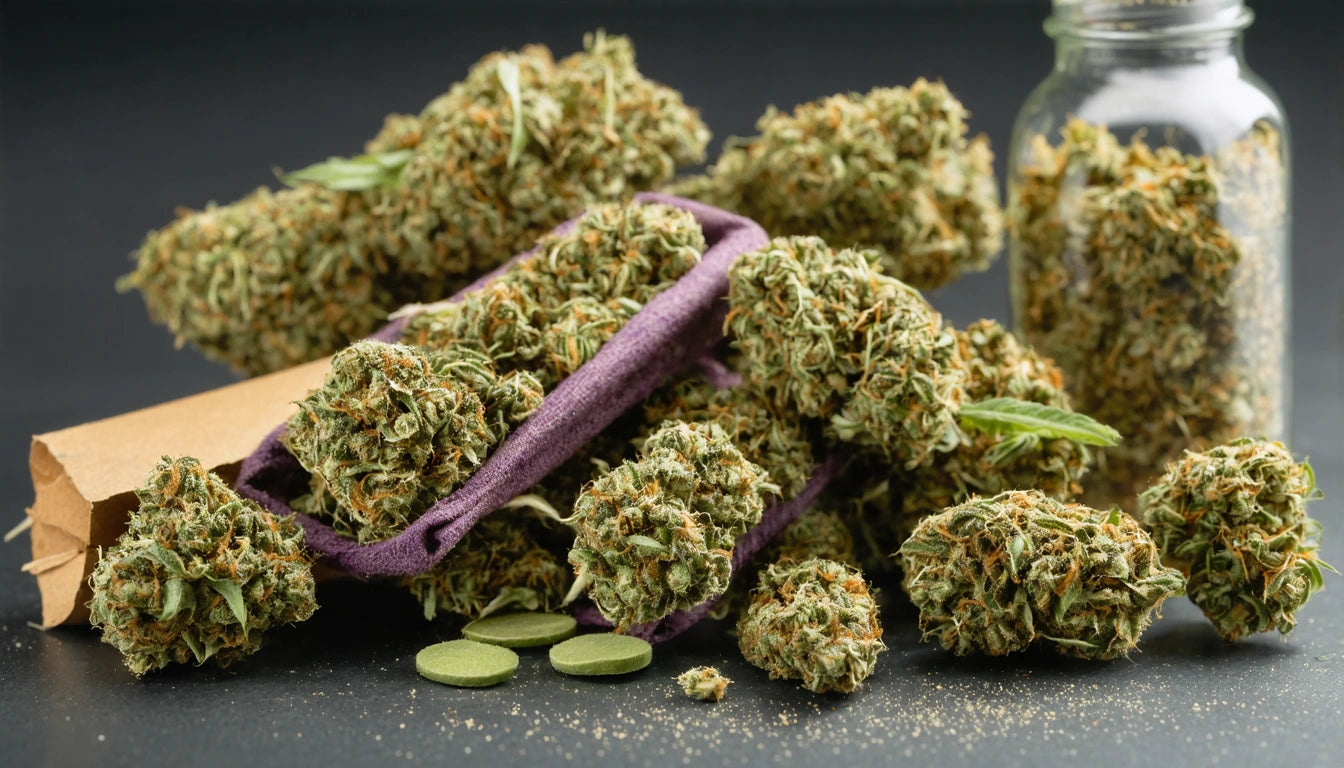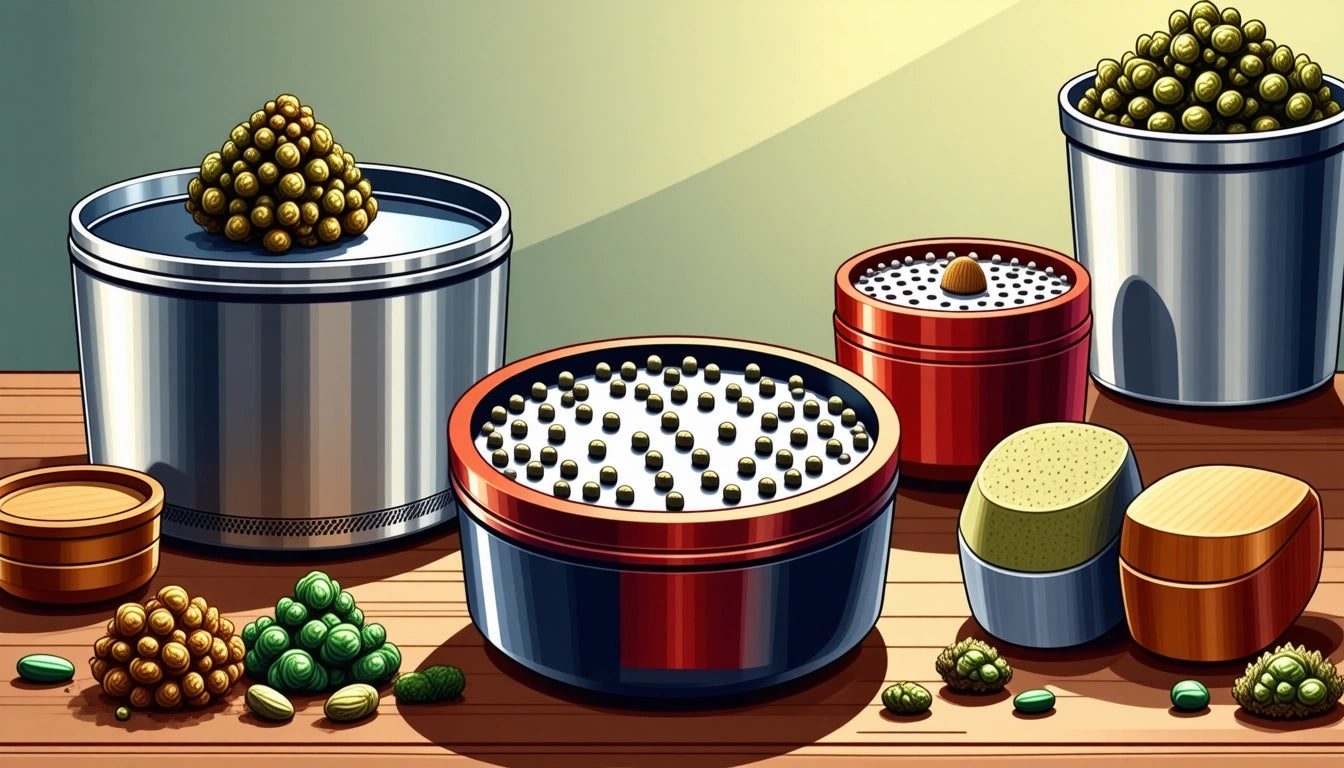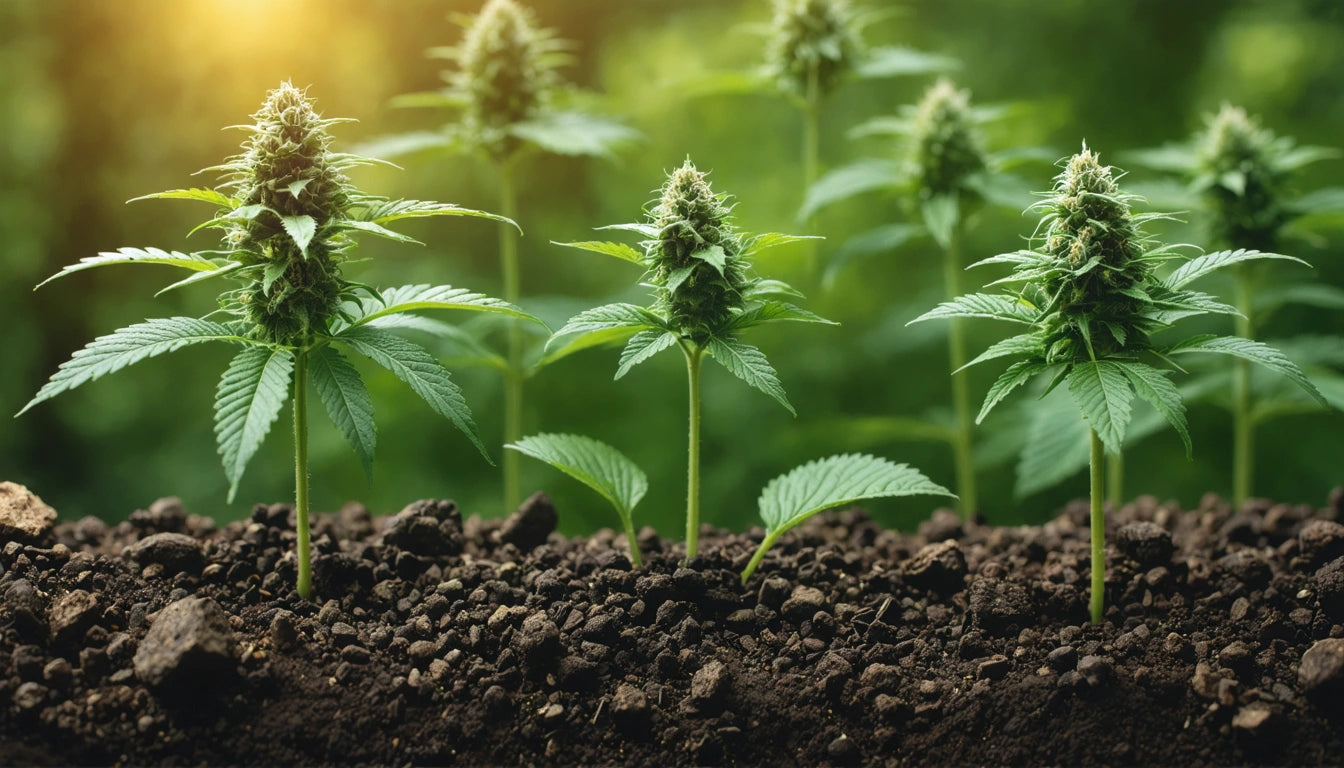Table of Contents
- Understanding Edible Expiration: What Those Dates Really Mean
- Potency Considerations: Do Expired Edibles Lose Their Strength?
- Food Safety Concerns: When Expired Edibles Become Dangerous
- Signs of Spoilage: How to Tell if Your Edibles Have Gone Bad
- Proper Storage Techniques: Extending Shelf Life of Cannabis Edibles
- Safety Recommendations: Best Practices for Consuming Older Edibles
Are Expired Edibles Safe to Eat?
Cannabis edibles have become increasingly popular for their convenience and discretion. However, like any food product, they come with expiration dates that raise questions about safety and efficacy over time. If you've discovered an old edible in your pantry, you might be wondering: can you eat expired edibles without consequences?
Understanding Edible Expiration: What Those Dates Really Mean
Expiration dates on cannabis edibles serve as guidelines for both quality and safety. Most commercially produced edibles have a shelf life ranging from 3-6 months, though this varies significantly based on ingredients, preservation methods, and packaging quality.
According to research on edibles shelf life, these dates primarily indicate when the product is at its peak quality rather than when it becomes dangerous to consume. However, this doesn't mean expired edibles are always safe.
Potency Considerations: Do Expired Edibles Lose Their Strength?
One of the primary concerns when asking "are expired edibles still good" relates to potency. THC and other cannabinoids naturally degrade over time, particularly when exposed to heat, light, or oxygen.
Studies suggest that THC converts to CBN (cannabinol) as it ages, which:
- Produces more sedative effects
- Offers less psychoactivity
- May provide different therapeutic benefits
This degradation means that what happens if you eat expired edibles often includes reduced potency and potentially altered effects. Research on edibles potency indicates that products can lose 10-15% of their THC content per year, even under ideal storage conditions.
Food Safety Concerns: When Expired Edibles Become Dangerous
When considering if expired edibles are dangerous, the food safety aspect becomes more critical than cannabinoid degradation. Common edible bases like chocolate, gummies, and baked goods have different spoilage patterns:
Chocolate Edibles
Chocolate develops a white "bloom" when fat or sugar crystals rise to the surface. While unappealing, this doesn't make the product unsafe. However, rancid oils in chocolate can cause digestive discomfort.
Gummy Edibles
Gummies typically contain preservatives that extend shelf life. Studies on gummy edibles show they may harden, lose flavor, or develop mold in humid conditions. Sugar crystallization is common but not harmful.
Baked Goods
Cookies, brownies, and other baked edibles are most vulnerable to spoilage. Mold growth can occur within days or weeks after the expiration date, making these potentially dangerous to consume when expired.
The bottom line: can I eat expired edibles often depends more on the food base than the cannabis component. Preservative-free products pose higher risks of bacterial or mold contamination.
Signs of Spoilage: How to Tell if Your Edibles Have Gone Bad
Before consuming expired cannabis edibles, perform these safety checks:
- Visual inspection: Look for mold, discoloration, or unusual texture changes
- Smell test: Off or rancid odors indicate spoilage
- Texture assessment: Excessive hardness, stickiness, or crumbling may signal degradation
- Taste test (small amount): If it tastes off, discard immediately
When asking "can edibles go expired," remember that some spoilage signs aren't visible. Research on edible risks indicates that bacterial growth can occur without visible signs, particularly in products with dairy, eggs, or high moisture content.
Proper Storage Techniques: Extending Shelf Life of Cannabis Edibles
Proper storage significantly impacts how long edibles maintain safety and potency. Implement these practices to maximize shelf life:
- Store in cool, dark places away from direct sunlight
- Use airtight containers to prevent oxygen exposure
- Keep in refrigerator when recommended (especially dairy-based products)
- Consider using humidity control solutions to maintain optimal moisture levels for certain products
- Always check manufacturer storage recommendations
When considering "can you take expired edibles," remember that proper storage can extend usability beyond the printed date. Products maintained in ideal conditions may remain safe and reasonably potent for weeks or months past expiration.
Safety Recommendations: Best Practices for Consuming Older Edibles
If you're still wondering "are expired edibles safe to eat" after examining your product, follow these guidelines:
- Trust your senses: if it looks, smells, or tastes off, discard it
- Consider the expiration timeframe: slightly expired (1-2 months) poses less risk than long-expired (6+ months)
- Evaluate the base ingredients: sugar-based products like hard candies last longer than dairy or fat-based items
- Start with a smaller dose than usual if consuming slightly expired products
- Never consume visibly moldy or spoiled edibles regardless of age
According to research on edibles duration, the effects of older edibles may also vary in onset time and duration compared to fresh products.
While slightly expired edibles might not pose serious health risks, they likely won't deliver the expected experience in terms of potency and effects. When in doubt about safety, the wisest approach is to dispose of expired products and purchase fresh replacements to ensure both safety and the desired effects.











Leave a comment
All comments are moderated before being published.
This site is protected by hCaptcha and the hCaptcha Privacy Policy and Terms of Service apply.